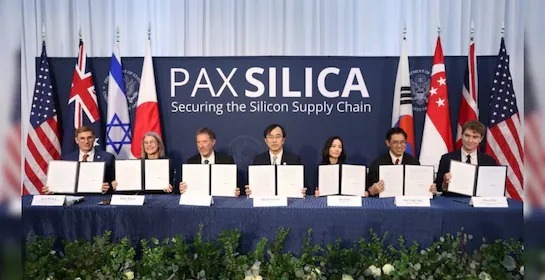P.D. Dinakaran, J.@mdashThe above tax case appeal is directed against the order of the Income Tax Appellate Tribunal in ITA No. 1691/Mds/2002 dated 28.9.2005 for the assessment year 1992-93.
2.1. The Revenue is the appellant. On filing the return of income by the assessee for the assessment year 1992-93 on 30.12.1992, assessment was completed on 24.2.1995 accepted the claim of the assessee relating to deduction u/s 80HH and 80I. However, raising a doubt that higher deduction u/s 80HH and 80I was granted, the assessing officer reopened the assessment u/s 147 of the Income Tax Act, 1961, by issuing notice u/s 148 of the Act. After completing re-assessment on 13.2.2002, the assessing officer reworked the deduction u/s 80HH and 80I by excluding miscellaneous income, viz., interest income and power tariff concessions, holding that these income do not have any direct nexus with the activity of the new industrial undertaking.
2.2. Aggrieved by the order of the assessing officer, the assessee filed an appeal before the Commissioner of Income Tax (Appeals) raising a ground that issuance of notice u/s 148 of the Act for reopening the assessment u/s 147 of the Act is invalid, as the facts do not constitute necessary ingredients to empower the assessing officer to initiate re-assessment proceedings, which contention was accepted by the Commissioner by order dated 28.9.2005. The said order was challenged by the Revenue before the Income Tax Appellate Tribunal. The Tribunal, by order dated 28.9.2005, upheld the order of the Commissioner.
2.3. Aggrieved by the said order of the Tribunal, the Revenue has preferred the above appeal raising the following substantial question of law:
Whether or not the Explanation 1 and 2 to Sec. 147 in the light of the Judgment reported in
3. Mr. N.Muralikumaran, learned Counsel appearing for the Revenue, fairly submits that the issue raised in the above question is squarely covered against the Revenue by the decision of this Court in
4. Admittedly, in the instant case, the assessee had disclosed fully and truly all the material facts necessary for computing the deduction and there is no failure on the part of the assessee and the claim of the deduction was also accepted by the assessing officer initially. But, finding that excessive deduction had been claimed, the assessing officer issued notice u/s 148 for reopening the assessment after the lapse of four years, violating the proviso to Section 147 of the Act, which contemplates thus:
Provided that where an assessment under sub section (3) of Section 143 or this section has been made for the relevant assessment year, no action shall be taken under this section after the expiry of four years from the end of the relevant assessment year, unless any income chargeable to tax has escaped assessment for such assessment year by reason of the failure on the part of the assessee to make a return u/s 139 or in response to a notice issue under Sub-section (1) of Section 142 or Section 148 or to disclose fully and truly all material facts necessary for his assessment, for that assessment year
5. In view of the above, as already stated, there is no failure on the part of the assessee to disclose fully and truly all material facts necessary for the assessment and the claim of the assessee was also accepted by the assessing officer initially. Hence, we are of the considered opinion that as per the proviso to Section 147 of the Act, the assessing officer does not have any power to reopen the assessment after the lapse of four years from the end of the relevant assessment year, in the absence of failure on the part of the assessee to disclose truly and fully all material facts necessary for the assessment.
6. In
7. In this view of the matter, finding no substantial question of law arises for consideration, the above Tax Case Appeal stands dismissed.

